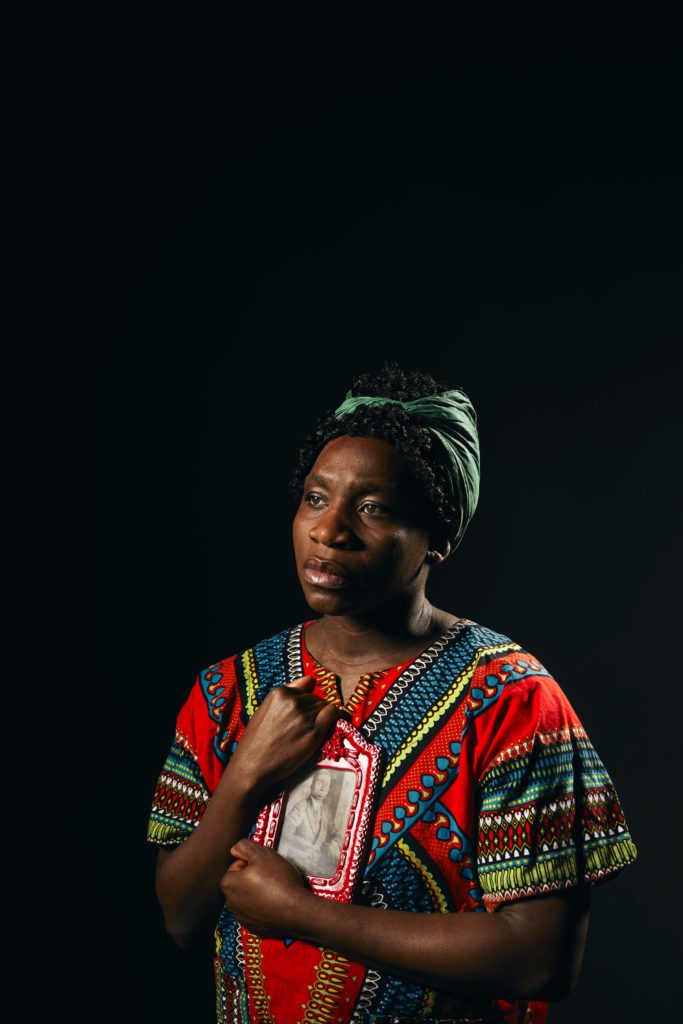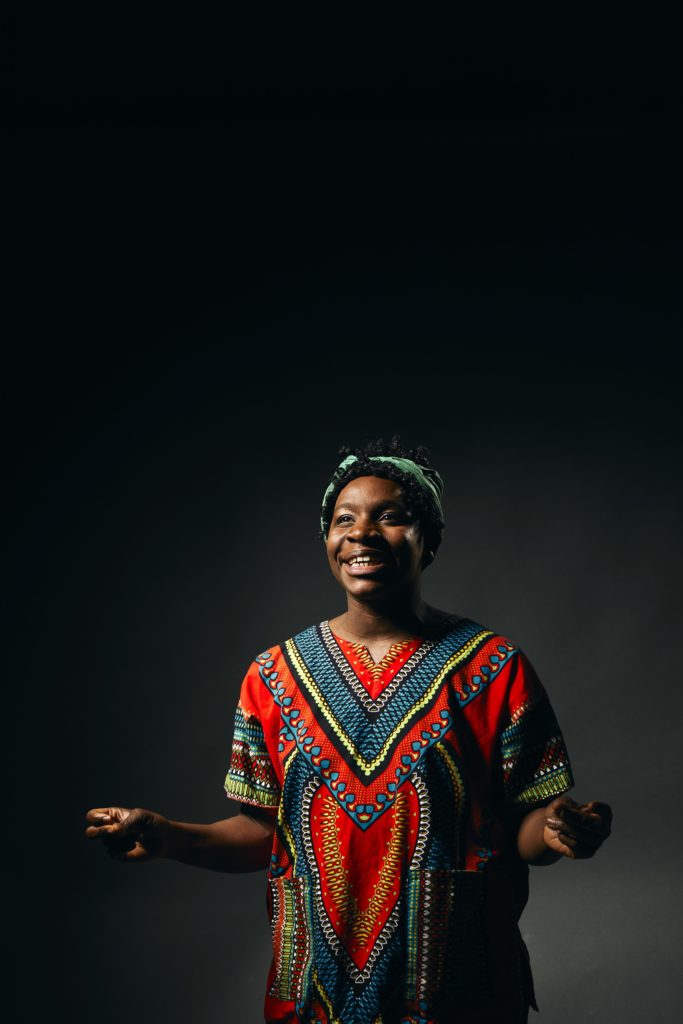
INSPIRED by the life and songs of Nina Simone, American writer, director and performer Apphia Campbell wrote her play Black Is The Colour Of My Voice in 2013 and revisits it regularly.
She has returned to the stage for the autumn tour that brings her to the Grand Opera House, York, tonight (26/9/2022), after Florence Odumosu undertook the spring travels that came to the Stephen Joseph Theatre, Scarborough, in March.
Already, Campbell’s play has had sell-out seasons in Shanghai, New York, Edinburgh and London, where she made her West End debut at Trafalgar Studios in 2019.
“This is a new tour, with me performing it again, as I always did until Flo performed it in the spring,” says Florida-born Apphia. “That was new; that was brilliant! I wanted to take a step back from the show, let it grow seeing it performed by someone else.
“We found Flo and she was superb, doing 25 dates, which was a massive tour, and it was great for the play to take on a new life and for it to be seen in a new way. Seeing Flo made me think of doing it in a different way, with the different response of the audience.
“Now it feels new to me again, because I could try new ways of performing it, and as a writer it was affirming to know that it could have a life beyond me.”
Complemented by multiple iconic Nina Simone songs sung live by Apphia, the play follows a successful jazz singer and civil rights activist as she seeks redemption after the untimely death of her father.
She reflects on the journey that took her from a young piano prodigy, destined for a life in the service of the church, to a renowned jazz vocalist at the forefront of the Civil Rights Movement.
“I wrote it back in 2013 when I was living in China, in Shanghai. That’s where I first performed it too; there were quite a few locals who came to see it who were not familiar with Nina, as well as the ex-pats who did,” Apphia recalls.
“I ended up doing three runs because it was so successful. Backstage was just a wicker panel, and after the shows these Chinese women would come by and hug me so tight, sobbing, saying they couldn’t believe how much Nina had been through and how she had persevered.”
Simone’s story is not as well-known as her songs. “That’s true, especially the perspective the play gives on her relationship with her father, who was such a powerful figure for her, particularly in her formative years,” says Apphia.
“Her introduction to music was through him, as he was singer, and he would introduce her to music that wasn’t necessarily gospel. I was really bowled over by that relationship when I read Nina’s autobiography.
“Her family wasn’t necessarily political, and she wouldn’t say she was political, but what changed was when she came into the realm of artists and activists after she met Lorraine Hansberry, the first African-American female author to have a play performed on Broadway.”
Hansberry’s best-known work, the play A Raisin In The Sun, highlights the lives of black Americans in Chicago living under racial segregation.

“Lorraine Hansberry was quite political, and she told Nina of the importance of using her voice, having a voice for a movement, and she emboldened her to do that,” says Apphia.
In choosing the Nina Simone songs for the play, “it was really important to use songs that either enhanced the feelings of what I was trying to say or that let the lyrics contextualise that moment in the piece,” says Apphia.
“It was hard to narrow it down, but it was vital to think about how the songs would affect the audience because creating a mood was so important to Nina. So, it’s not just about the hits, the songs that people know, though also people have said that the songs they do know, they now hear in a new way.”
Apphia was determined to show the softer side to Nina. “When I started doing this show in 2013, there was no documentary about her, no film. Though people did focus on the political side of her too, they would tell these crazy stories about pulling guns on people or walking off stage,” she says.
“But she was also a pioneer and trying to figure out who she was, and she didn’t fully understand the full impact of what her music meant to black people. Certainly singing political songs did affect her career and not always in a positive way.
“That made it important to show her vulnerability, her tender side, and I feel happy that people have connected with that.”
Apphia is keen to distance herself from comparisons with Nine Simone. “The character in the play is not called Nina Simone, but Nina Bordeaux,” she says. “Sometimes people get caught up on that thing of, ‘Does she look like Nina?; ‘Does she sound like Nina?’, and because her voice is so unique, I’ve given the character I play a name to give me more freedom to explore moments in Nina’s life and to use my voice to be more authentic emotionally.
“I’m very happy with that decision, where I don’t need to sound like Nina. I just want you to connect with the lyrics in the most authentic way and to tell the story as my authentic self, channelling Nina.”
At its heart, Black Is The Colour Of My Voice is a tale of redemption. “The play takes place during the few days of a ritual that Nina did when her father passed away, when she went to Liberia, where she saw a witchdoctor, who said, ‘I see someone trying to connect with you from the afterlife…and he likes carnation milk,” says Apphia.
“The witchdoctor said, ‘go to this room, don’t smoke, don’t drink, for three days, and you will hopefully resolve your issues’. I thought, ‘what would you do for three days in bed, clutching carnation milk?’!
“It was one of those images where I was thinking, ‘what would you do except reflect on ‘how did I get to this point?’. It felt like the most natural way to go through her life in the play, thinking about the decisions that had got her to that point.”
Seabright Productions presents Apphia Campbell in Black Is The Colour Of My Voice, Grand Opera House, York, September 26, 7.30pm. Box office: 0844 871 7615 or atgtickets.com/York. Suitable for age 12 upwards.
What is Apphia Campbell’s favourite Nina Simone song?
“Plain Gold Ring. I find myself humming it two or three times a week. I love her voice, I love her storytelling; I love the piano playing, and it’s so mysterious, with all the spaces in the song…but there was no way to put it in the show.”










